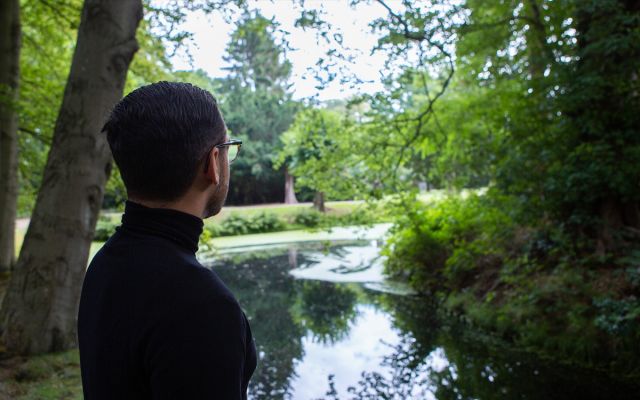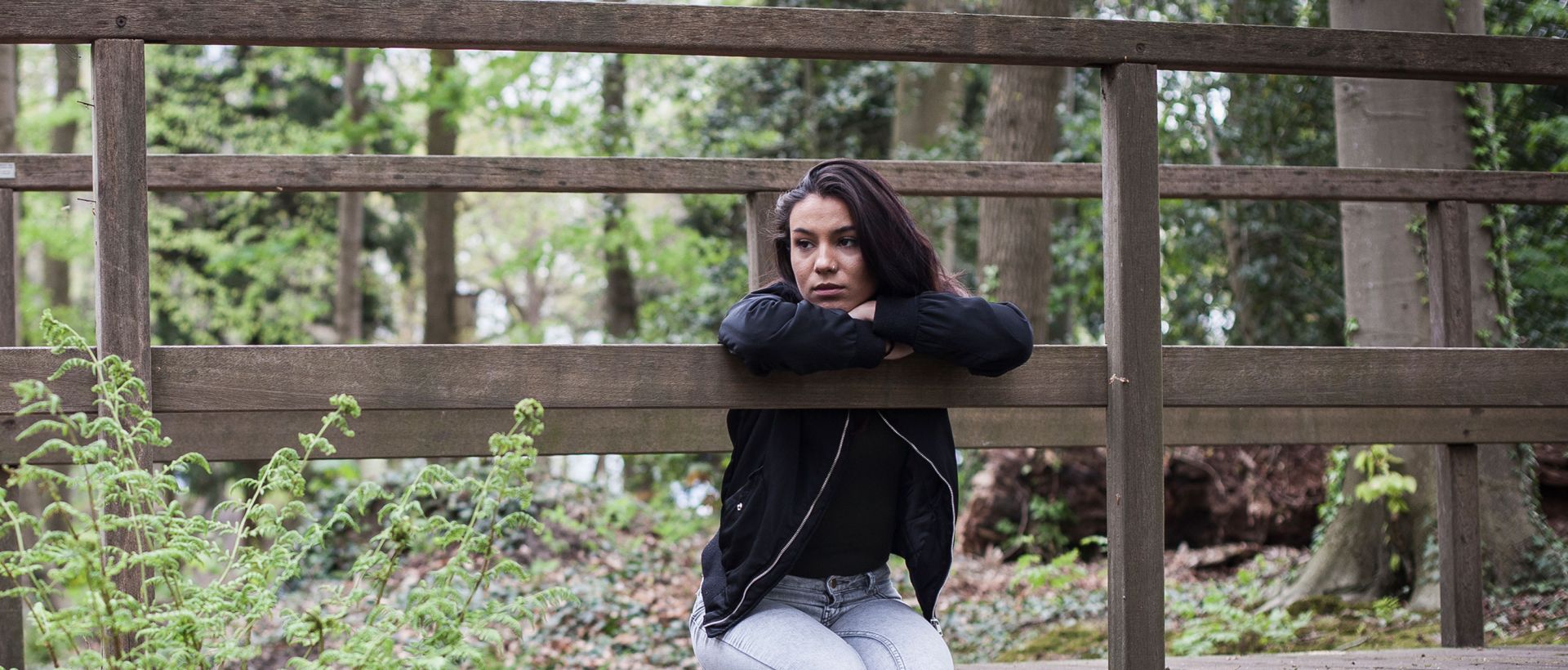What is conduct disorder (CD)?
Conduct Disorder (CD) is a mental health condition characterised by a persistent pattern of aggressive, antisocial, and defiant behaviours that violate societal norms and the rights of others. It goes beyond typical childhood mischief, significantly impacting the child's ability to function in daily life.
Teenagers and young adults with CD often do not know how to show respect to others. This is expressed in bullying, threatening, intimidating and deceiving. Young people with ODD show rebellious behaviour, but those with CD show behaviour that crosses the line of what is socially accepted, combined with violence and violent behaviour towards others. Young people with CD have difficulty regulating feelings, changes and emotions.
Symptoms of Conduct Disorder
Individuals with CD exhibit a range of disruptive behaviours. These include frequent and intense temper tantrums, physical aggression towards people or animals, deliberate destruction of property, deceitfulness or theft, and serious violations of rules. These behaviours are not only intense but also more frequent and severe than typical for their age.
The impact of conduct disorder
The effects of CD on young people are profound, affecting their social interactions, academic performance, and family life. Relationships with peers and adults are often strained, leading to potential isolation and educational struggles. Families experience significant stress, as managing disruptive behaviours can be challenging and emotionally draining, often necessitating professional intervention to support both the individual and the family unit.

Treating adolescents with conduct disorder
At Yes We Can Youth Clinics, we are adept at addressing multiple mental health conditions concurrently (co-morbidity). Our intensive, English-language treatment programme assists young individuals in managing CD and other challenges, setting the stage for a hopeful, renewed future. Our method emphasises warmth, genuine care, and active engagement.
Our multidisciplinary team at Yes We Can Youth Clinics offers continuous, heartfelt, and professional support. We work with young individuals (we call them 'fellows'), helping them navigate their difficulties and empowering them to reintegrate successfully into society. We focus not on the 'labels' previously assigned to them but on their inherent talents, strengths, and potential. Our clinical treatment programme spans ten weeks, with ongoing support that aids their recovery and personal growth, such as fostering a rewarding lifestyle.
Individual therapy sessions
Fellows at our clinic attend three tailored therapy sessions per week, conducted by qualified clinical psychologists, with regular input from our psychiatrists. This systematic approach is crucial for assessing therapeutic advancements, continuously enhancing treatment plans, and maintaining a dependable sequence of professional advice. This individualised treatment is a cornerstone of our overall care philosophy, which is committed to fostering each fellow's recovery journey within a compassionate and understanding environment.
Synergy in group therapy
Group therapy at Yes We Can cultivates a strong sense of community. During these sessions, fellows exchange insights and narratives about their recovery journeys, building solid connections through collective experiences. Facilitated by counsellors who have personally encountered similar struggles, these gatherings merge empathy with insight, ensuring that fellows feel genuinely seen and supported. This shared empathetic environment bolsters the belief that they are not alone, inspiring total commitment to their recovery.
Psychoeducation
In the evenings, our youth coaches organise an array of activities known as Psychoeducation. These include talks by guest speakers, life stories from former fellows, captivating documentaries, or films.
Conduct disorder and medication
The medication prescribed for teenagers with Conduct Disorder (CD) largely depends on the specific symptoms and any coexisting conditions they may have. There is no one medication specifically approved for CD, but medications may be used to treat some of the disorder's troubling symptoms or related conditions. Commonly prescribed medications include:
-
Stimulants and non-stimulants: Medications like methylphenidate or atomoxetine are often used if the teenager also has attention-deficit/hyperactivity disorder (ADHD), which is commonly comorbid with CD.
-
Antipsychotics: In cases where aggressive behaviour is prominent and difficult to manage, atypical antipsychotics such as risperidone or aripiprazole may be prescribed to help control aggression.
-
Mood Stabilisers: For mood swings or bipolar symptoms, mood stabilisers like lithium or valproic acid might be used.
-
Antidepressants: If there are symptoms of depression or anxiety, selective serotonin reuptake inhibitors (SSRIs) like fluoxetine might be used.
Gradual medication reduction
Some fellows may arrive already taking medications as described above at Yes We Can Youth Clinics. Our approach prioritises minimal medication use where feasible, aiming to engage with and treat 'the real fellow'—unmasked by medication effects.
We aim to diminish any existing medication dosages to the lowest possible level or none during our treatment process. This reduction is conducted meticulously and safely, overseen by our experienced psychiatrists, ensuring it is done only when deemed safe.
Comprehensive support and outcomes
Our dedicated treatment and medical teams are available around the clock, providing motivation, support, and guidance to our fellows. This robust support system has led to outstanding outcomes within our clinics' nurturing and positive environment. Post-discharge, many fellows continue to thrive without the need for medication, demonstrating the effectiveness and lasting impact of our treatment approach.
Contact us
Yes We Can Youth Clinics can effectively treat teenagers and young adults who are suffering from a wide variety of mental health issues. If you have any questions at all, you can always contact us. We cannot stress enough that we are always there for you, whether you sign up for treatment in our clinic or not.
You can reach us by phone from Monday to Friday from 9:00 a.m. to 10:00 p.m. and on Saturday and Sunday from 10:00 a.m. to 4:00 p.m. (GMT +1) via phone number: +31 (0)85 02 01 222. Your call will be forwarded after business hours (weekdays after 6:00 p.m. and on weekends). Please note that answering your call during these hours might take longer than usual. If we cannot reply to the call right away, please leave a message, and we will call you back as soon as possible. You can also fill out our contact form.
Register for an intake interview
Would you like to register a teenager or young adult (aged 13-25) for treatment at Yes We Can Youth Clinics? Please fill in our intake form, and we will contact you to schedule a personal intake interview.
Intake form
